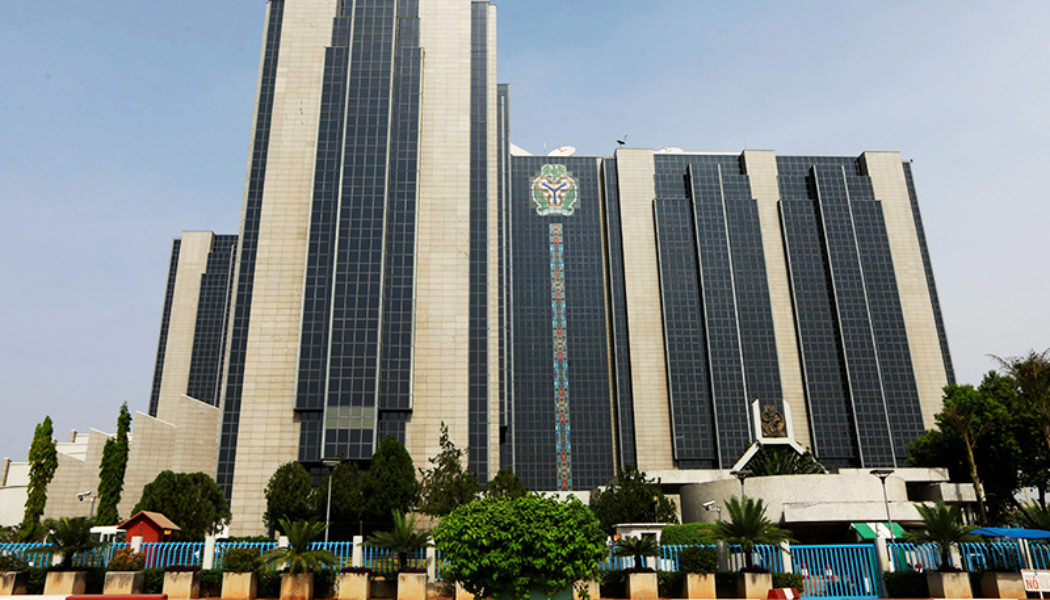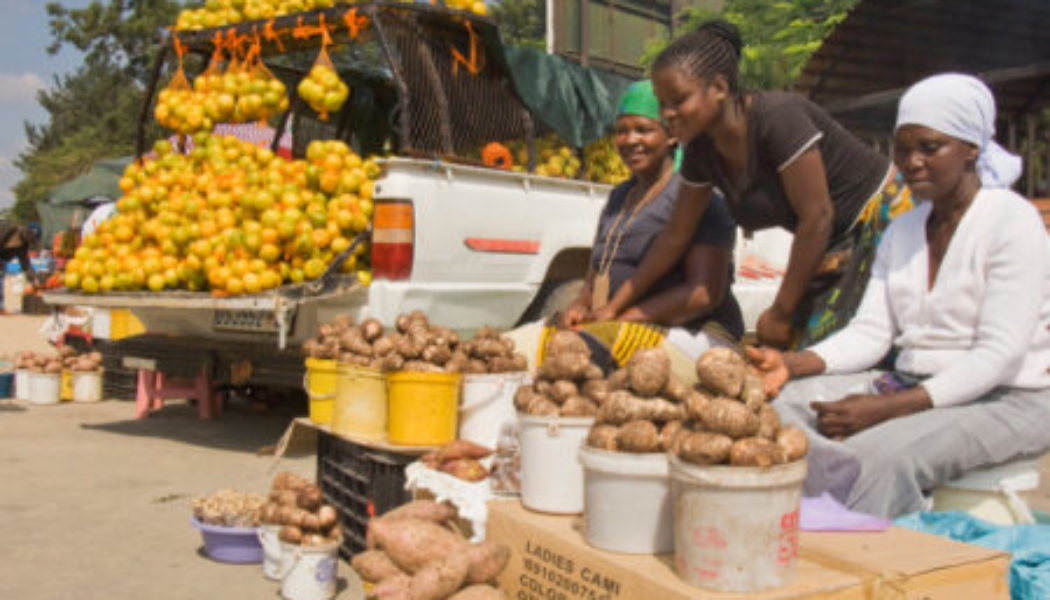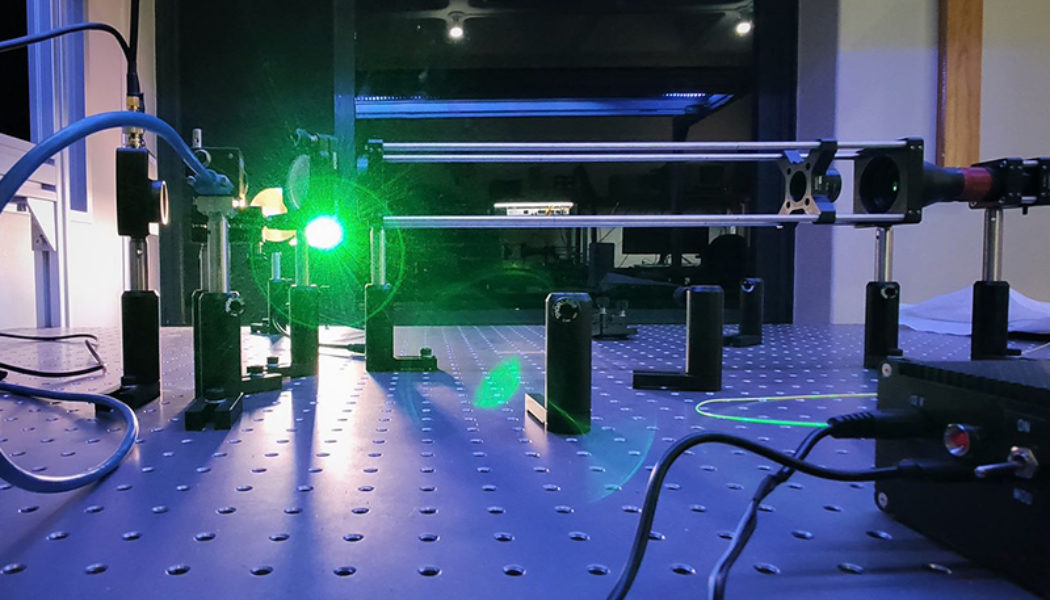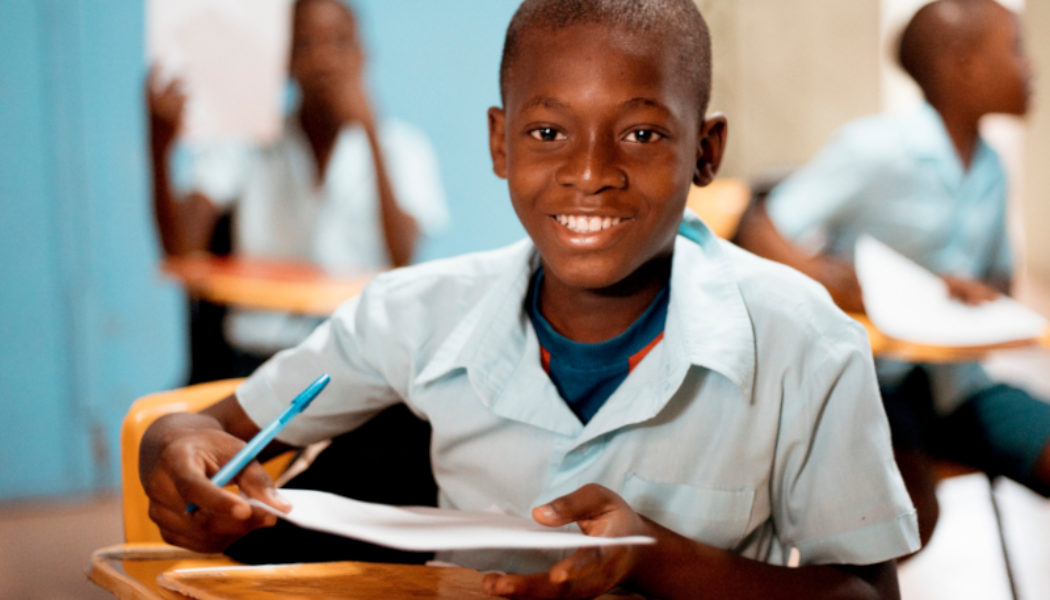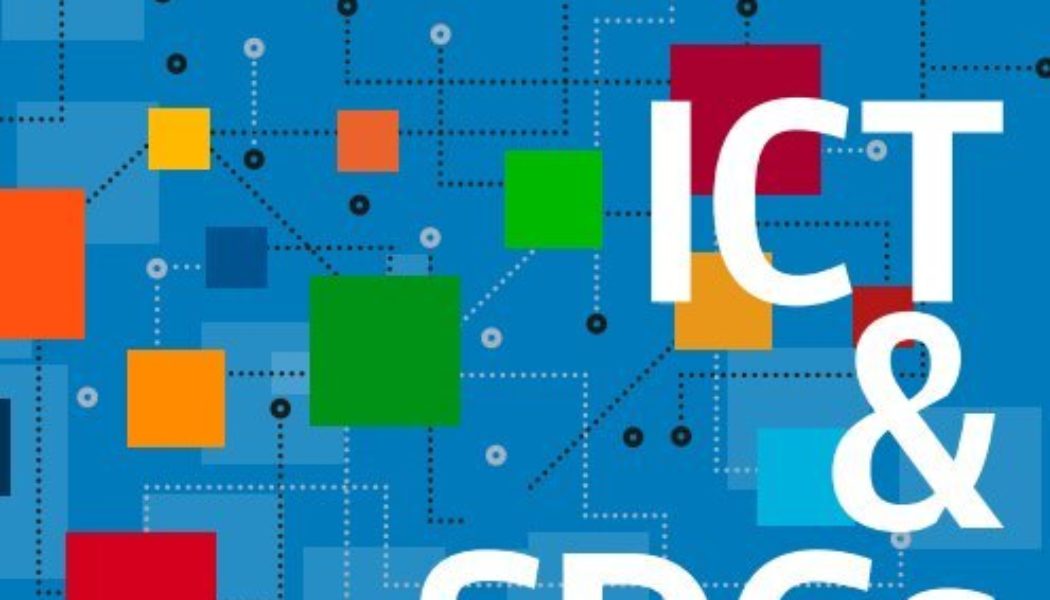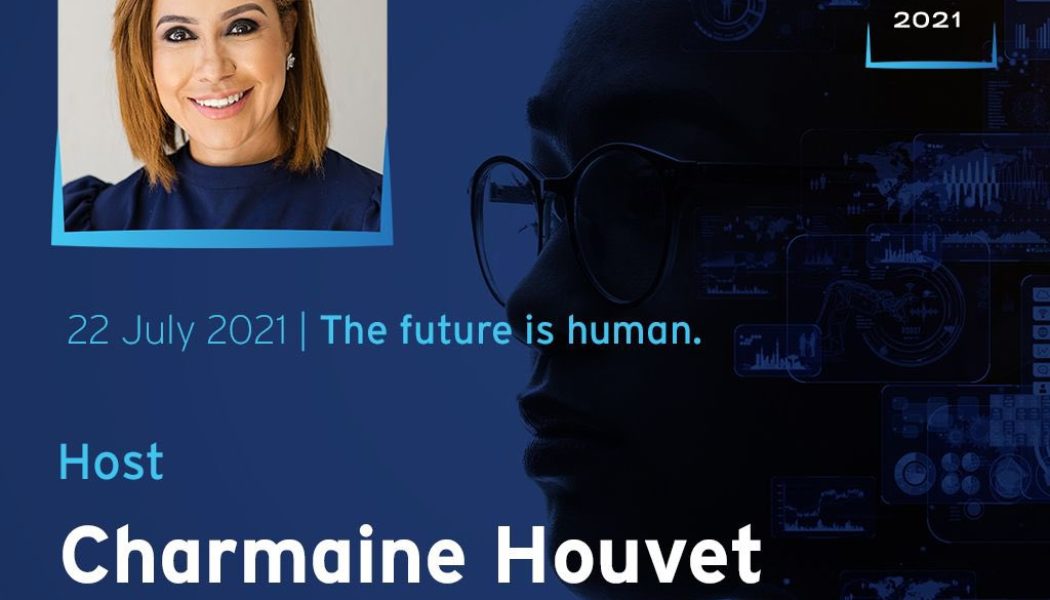digital divide
Online Shopping Surges in SA, but Not All Shoppers are Equal
We use cookies on our website to give you the most relevant experience by remembering your preferences and repeat visits. By clicking “Accept All”, you consent to the use of ALL the cookies. However, you may visit “Cookie Settings” to provide a controlled consent.
Could Fintech Ignite South Africa’s “Kasi Economy”?
We use cookies on our website to give you the most relevant experience by remembering your preferences and repeat visits. By clicking “Accept All”, you consent to the use of ALL the cookies. However, you may visit “Cookie Settings” to provide a controlled consent.
This Startup Puts Tech in Teachers’ Hands to Change Student Lives
We use cookies on our website to give you the most relevant experience by remembering your preferences and repeat visits. By clicking “Accept All”, you consent to the use of ALL the cookies. However, you may visit “Cookie Settings” to provide a controlled consent. You Deserve to Make Money Even When you are looking for Dates Online. So we reimagined what a dating should be. It begins with giving you back power. Get to meet Beautiful people, chat and make money in the process. Earn rewards by chatting, sharing photos, blogging and help give users back their fair share of Internet revenue.
How Close Are We to an Inclusive Internet in South Africa?
Sourced from Getty Images. The Internet has changed our lives, transforming the way we work, learn and have fun. During the pandemic, network traffic increased between 25% and 45%: 100 countries adopted confinement plans, 1.2 billion students switched to online learning and 60% of companies had more than half of the employees work remotely. Remote Work Leads to Better Productivity in Digitally Transformed Companies According to Remote Working in South Africa 2020, a study conducted among 400 enterprises by World Wide Worx for Cisco Systems, the shift to remote working led to improved productivity for only 29% of companies, in general. However, among companies that had already fully rolled out digital transformation strategies, productivity leapt by a massive 70%. Globally, the internet wen...
How to Establish a Digitally Inclusive Economy Through Technology
Technology has a runaway effect. Through devices and broadband, people can find services, resources and opportunities—and those who have access to it get further ahead. However, there are still billions of people who are being left behind due to a lack of availability and cost of devices. This is the paradox of the digital divide, and it affects communities, societies and economies globally. The world’s leading international institutions are sounding the alarm. The World Trade Organisation believes levelling the playing field should be a strategic focus for everyone who participates in the digital economy because when such considerable amounts of human potential are left untapped, nobody wins. At the same time, the United Nations affirms that social inequality will be exacerbated unless pe...
